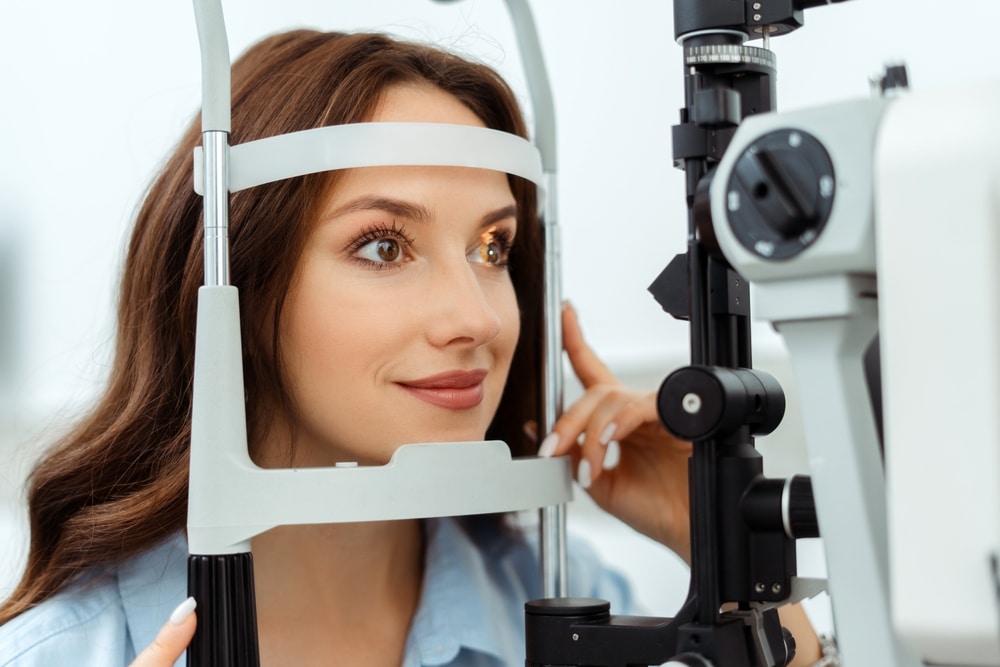
Many people use the terms optometrist and ophthalmologist interchangeably, but they are actually different kinds of eye care professionals who play unique roles in caring for your vision. Understanding the difference between the two is important when determining the right provider for your eye care needs.
Keep reading to learn the difference between an optometrist and an ophthalmologist!
What is an Optometrist?
An optometrist is a doctor of optometry, which is sometimes shortened to OD. They are trained to examine eyes for vision problems like nearsightedness, farsightedness, astigmatism, and presbyopia, as well as many other eye conditions.
Optometrists can provide glasses or contact lens prescriptions to correct refractive errors and help you choose frames and lenses. They can also diagnose and monitor common eye conditions like glaucoma, conjunctivitis, and dry eye.
However, they do not perform eye surgery. Most optometrists have four years of optometry school after college and must pass national and state licensing exams to practice.
What is an Ophthalmologist?
An ophthalmologist is a medical doctor (MD) who specializes in the medical and surgical care of the eyes and visual system. This requires four years of medical school, a year-long internship, and at least three years of specialized surgical training and experience in disorders and conditions of the eye.
Ophthalmologists can provide all the services optometrists can, plus perform various eye surgeries like cataract removal, laser eye surgery, corneal transplants, eyelid surgery, injections around the eye, and more. Ophthalmologists are also licensed and board-certified to practice medicine and surgery.
Should I See an Optometrist or Ophthalmologist?
In most cases, you can see an optometrist or ophthalmologist annually for a routine comprehensive eye exam to check your vision and screen for common eye diseases. However, seeing an ophthalmologist is most important if you have an eye condition that requires surgery, specialized testing, or advanced treatments beyond what an optometrist can provide.
If you see an optometrist regularly for eye exams, in some cases, they may refer you to an ophthalmologist for advanced care when needed. Both optometrists and ophthalmologists play vital roles in protecting your vision health.
What is the Difference Between the Eye Exams?
Whether you go in for an eye exam with an optometrist or an ophthalmologist, it’s likely that you will have similar tests depending on any existing eye conditions or vision complaints. The comprehensive eye exam you receive from an optometrist typically includes a vision test to determine glasses or contacts prescriptions, examination of the overall eye health, screening for certain eye conditions like glaucoma or cataracts, and evaluation of how well your eyes work together.
The specialized medical evaluation you get from an ophthalmologist will assess the nature and severity of complex eye conditions that threaten your vision or require surgery. Both exams are essential and provide overlapping as well as unique benefits.
The Importance of Routine Eye Care
Understanding the differences between optometrists and ophthalmologists allows you to seek the most appropriate care to meet your visual needs. However, the most important thing is that you routinely receive eye care.
Getting your eyes checked once a year is vital for protecting your vision and allowing eye problems to be caught early while they are still treatable. Early diagnosis and treatment can then prevent permanent damage and vision loss over time.
Be diligent about annual eye appointments and follow your optometrist or ophthalmologist’s advice for additional follow-ups if needed.
Is it time for you to have an eye exam? Schedule an appointment at Colorado Eye Consultants in Littleton, CO, today!

